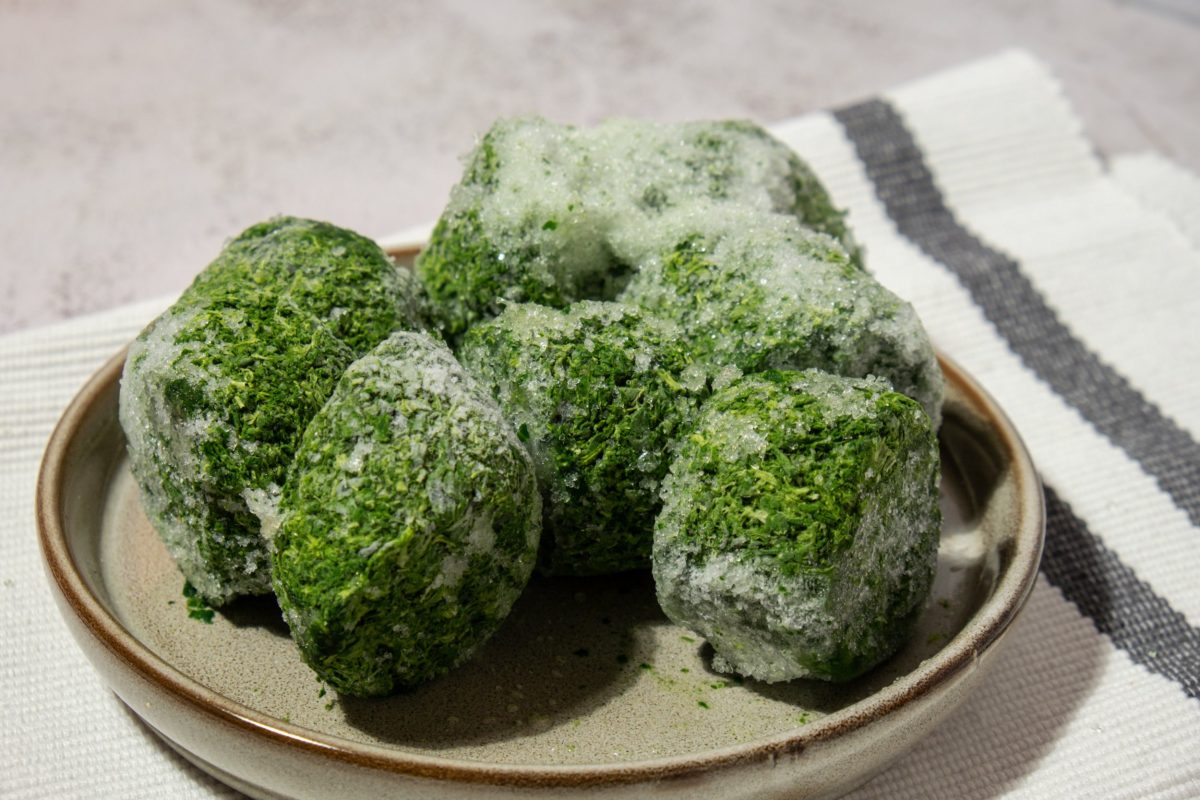
The Benefits of Frozen Produce for a Healthier Diet
Fruit and vegetables have long been recognized as essential components of a healthy diet. Whether it's the well-known "five-a-day" guideline or the growing trend of eating 30 different plants each week, fresh produce is widely seen as a cornerstone of good nutrition. However, in recent years, factors such as climate extremes, supply chain disruptions, and global market trends have made fresh fruits and vegetables less accessible. This has led to situations where produce is either too expensive, already spoiled, or simply unavailable on supermarket shelves.
In particular, certain vegetables like broccoli and cauliflower are now facing shortages in the spring due to an unusually mild autumn and winter, which caused crops to mature earlier than expected. This situation poses a challenge for maintaining a balanced diet, especially considering that only one-third of adults in the UK met the five-a-day requirement according to a 2024 report by the Office for National Statistics.
The Solution: Frozen Fruits and Vegetables
Despite these challenges, there’s a simple and effective solution that can be found just a few aisles away from the fresh produce section — frozen fruits and vegetables. These options not only offer convenience but also provide significant health benefits. Once harvested, fresh produce begins to lose its nutrients during transport and storage. In the UK, where over 47% of vegetables and 84% of fruits are imported, this nutrient loss is difficult to avoid.
Registered dietitian Nichola Ludlam-Raine explains that frozen produce is often picked at peak ripeness and frozen immediately, preserving more of its vitamins and antioxidants. “Fresh produce can spend days in transit and on supermarket shelves, during which time nutrients like vitamin C and folate can degrade,” she says. A 2015 study found that while the overall vitamin content between fresh and frozen produce is usually similar, some nutrients, particularly vitamin C, were higher in frozen items.
Six Foods That Are Better When Frozen
Here are six foods that are actually better for you when frozen:
Berries
Berries like blueberries, raspberries, and strawberries are rich in nutrients and fiber. Studies have shown that they have high antioxidant activity, which helps fight free radicals and reduce DNA damage. However, their seasonality makes them expensive when fresh. Frozen berries retain more of their vitamin C and polyphenols because they are frozen shortly after being picked. While defrosted berries may soften, they are still great in porridge, yogurt, and baking. Strawberries, on the other hand, tend to collapse when thawed, making them better suited for smoothies, compotes, and baking.
Spinach
Spinach is an excellent source of non-haem iron, folate, and various vitamins. However, its high water content means it can wilt quickly and spoil. Freezing spinach not only prevents this issue but also increases its nutritional value. Frozen spinach preserves more folate and provides a concentrated source of nutrients like iron and vitamin K. It’s ideal for use in curries, stews, and other cooked dishes.
Peas
Peas are one of the best examples of the benefits of frozen produce. Fresh peas can lose their sweetness and nutrients rapidly, while frozen peas maintain their vitamin C and B vitamins. They also retain their texture well after freezing, making them a versatile option for meals.
Sweetcorn
Sweetcorn freezes exceptionally well, retaining both its nutrients and texture. Freezing helps lock in antioxidants like lutein and zeaxanthin, which are important for eye health. These carotenoids act as filters for harmful blue light and help protect against age-related eye diseases.
Broccoli
Broccoli is a rich source of vitamin C and riboflavin (vitamin B2), which supports the nervous system and aids in energy production. Frozen broccoli often retains more vitamin C than fresh broccoli stored for several days. Additionally, studies have shown that frozen broccoli contains more riboflavin than its fresh counterpart. It should be cooked directly from frozen for best results.
Mango or Avocado
Tropical fruits like mangoes and avocados are often subject to seasonal fluctuations and transport issues. Flash-frozen tropical fruits are typically more nutritious than imported fresh ones, which are often picked underripe and lose nutrients during ripening. Riper fruits are easier to digest, allowing for better absorption of nutrients. Both mangoes and avocados are rich in vitamins C, A, and E, which protect cells from damage. Avocados, in particular, are best used in guacamole, dressings, and smoothies after thawing. Tropical fruits like mango, pineapple, and papaya are softer after thawing, making them ideal for smoothies, compotes, and sauces.